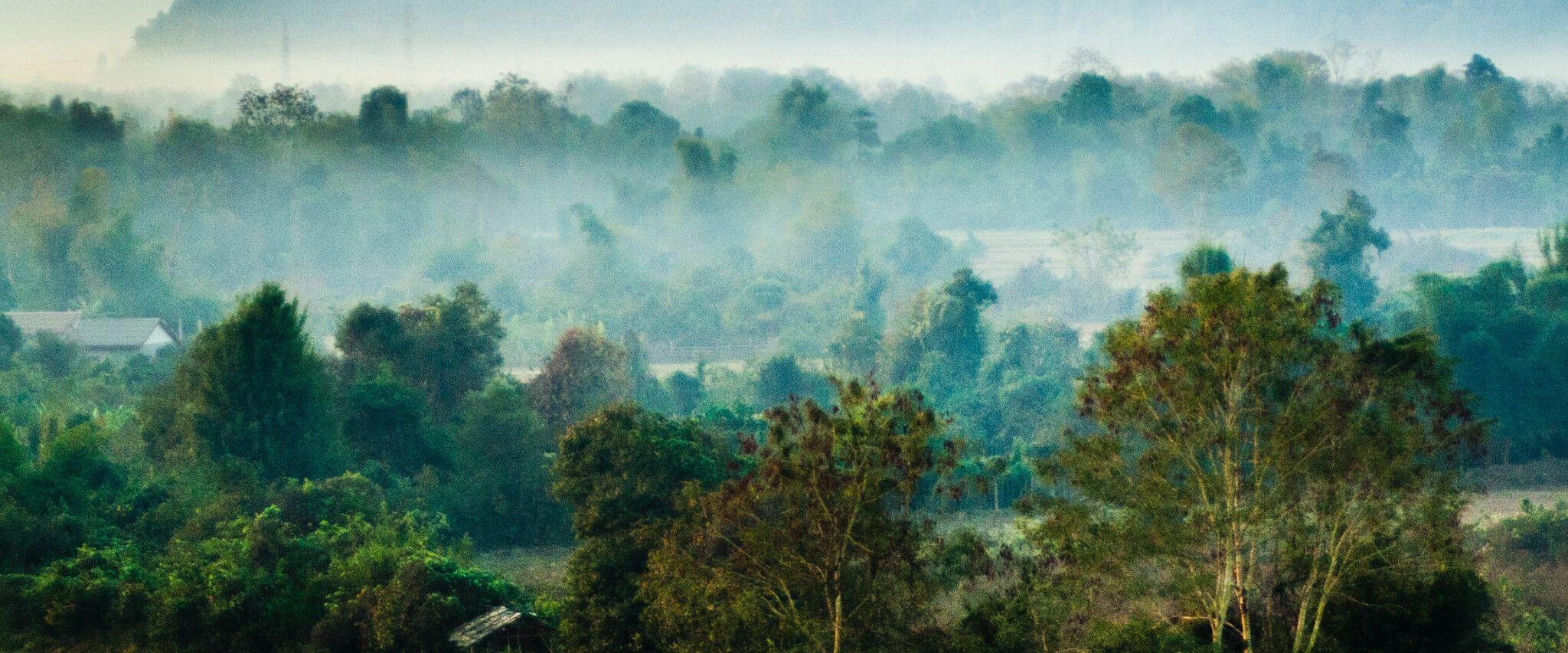From India to Impact
Sustainability expert and urban development scholar Mahak Agrawal is a fierce believer in policy innovation as a way to combat climate change. Through her work, Mahak has fostered an attitude of resilience and humour as she faces the challenges of modern life and environmental impacts.
Ever feel like life’s a high-stakes game of Monopoly? For me, it’s not about owning Boardwalk and Park Place; rather, it’s about mastering the strategy to keep moving forward, no matter the obstacles—even when climate change decides to shuffle the deck.
In my early years, success meant more than acing homework; it meant dreaming of a future where I could alleviate the pain I endured from over two decades battling an autoimmune disorder. Initially fixated on becoming a doctor to directly impact lives, my journey took an unexpected turn in medical school. There, amidst hospital corridors and medical textbooks, I realised the power of public policy and urban planning to effect systemic change on a larger scale.
Climate change and sustainable development weren’t just concepts I learned in classrooms. Growing up in diverse regions across India, from bustling Delhi and serene Mizoram to coastal Union Territories like Daman and Diu, I witnessed the disproportionate impacts of development policies and climate change-induced disasters—like heat waves, floods, and landslides—on those in my community.
Climate change caused the localised flooding in Delhi, which impacted the urban poor. It was also responsible for the recurring droughts in Rajasthan, which parched fields and futures, shaping lives and livelihoods long before I could grasp the science behind it.
These early lessons laid the foundation for my career in public policy.
However, I’ve also been witness to the transformative impact of well-designed policies, particularly during my work with the Organisation for Economic Cooperation and Development (OECD) and India’s Ministries of Home Affairs and Housing and Urban Affairs. In northeastern India, digitising land records empowered communities to better prepare for and recover from devastating floods. A simple but effective policy that safeguarded livelihoods and nurtured resilient communities capable of withstanding future climate challenges.
I've found that lightening the mood with humour makes complex issues more accessible, encouraging people to engage more deeply with sustainability challenges and solutions.
Each experience deepened my conviction in the critical role of policy innovation in fostering sustainable development.
As a Shardashish Scholar and Environmental Fellow at Columbia University’s School of International and Public Affairs, I decided to focus research on global food systems and supply chains. I dove into corporate climate commitments, seeking to bridge the gap between sustainability promises made by business, political, and government leaders and action.
Humour, surprisingly, has been my secret weapon throughout this journey. For instance, a witty remark about 'Saving the planet one reusable bag at a time' isn't just a punchline—it's sparked genuine interest and meaningful conversations. I've found that lightening the mood with humour makes complex issues more accessible, encouraging people to engage more deeply with sustainability challenges and solutions.
Today, my work with Climate Clock blends art, science and technology to advocate for climate actions, commitments and investments that can help keep global warming below the 1.5C limit.
For those eager to make their mark in the climate arena, here are three key lessons I’ve learned:
- Look to the Future: life's setbacks are growth opportunities. Each pivot and redirection in my journey has taught me valuable lessons in adaptation and perseverance. It’s always better to bounce back stronger from challenges.
- Embrace your Unique Perspective: Your background and experiences are powerful assets. Use them to bring fresh insights and innovative solutions to the climate conversation.
- Share your Story: Compelling stories is essential for inspiring action and driving change, whether you're talking to policymakers, peers, or your community.
Remember, you don’t need an environmental science degree to make a difference. Every small action matters. Together, we can navigate towards a future where sustainability thrives, and our combined efforts leave a lasting impact for generations.
After all, while Earth will endure, it’s humanity we need to protect.
Most Popular
The Climate Tribe delivers stories about Biodiversity and Conservation, Circular Economy, Food and Water , and how they intersect with climate.
Subscribe
Get the latest stories inspiring climate action around the globe straight to your inbox.






